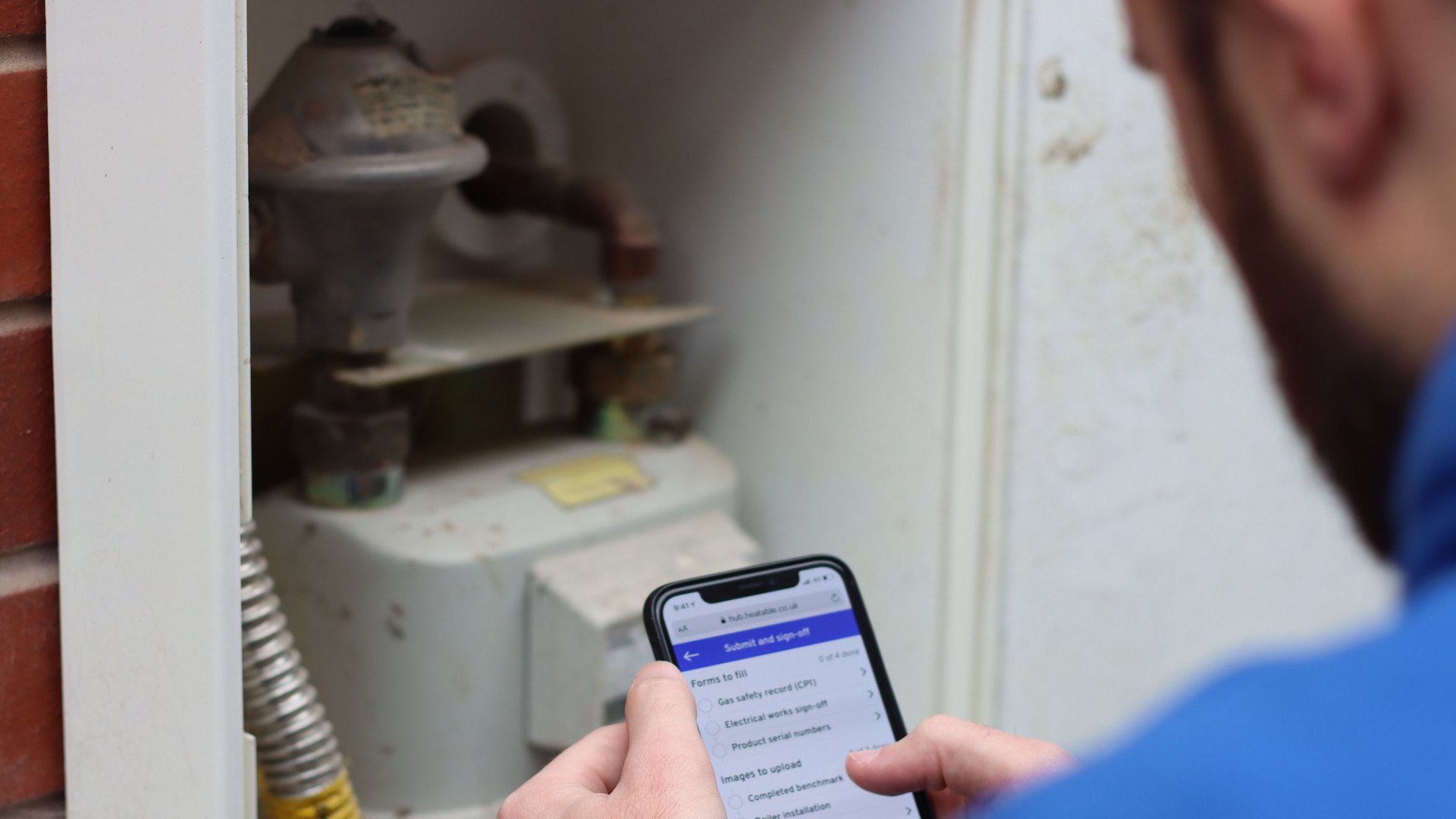Energy bills for households across the UK are expected to shoot up from April 1 as the much publicised increase to the energy price cap means bills could increase by 54 per cent. Tens of millions will feel the effects on their fuel bills – but a well-timed meter reading could limit the damage to household finances.
Average energy costs for a household could hit £3,000 per year, experts have warned, and economists are already looking ahead to October with fears that prices will rise again.
The cost of wholesale gas has soared on a global level in the wake of the Covid-19 crisis and Russia’s invasion of Ukraine, affecting costs for everyone. That includes the UK, despite the country’s limited reliance on energy imports.
It led to Ofgem’s announcement in February that the energy price cap would rise by £693 for people on default tariffs who pay by direct debit, from £1,277 to £1,971. Those on prepayment meters – who are more likely to be on the lowest incomes – will be hit even harder by a £708 rise to £2,017.
Why should I submit a reading today?
The energy price cap does not actually place a total cap on your bills, but limits how much suppliers can charge for each unit of gas and electricity used.
Sending regular meter readings is important to avoid your provider overestimating how much energy you have used and charging you more than necessary. But it’s of particular importance before the price you pay for fuel soars overnight.









